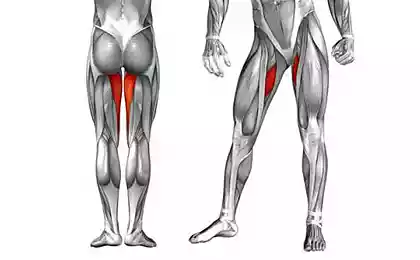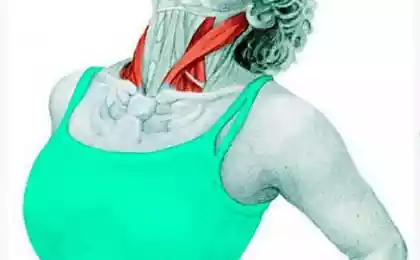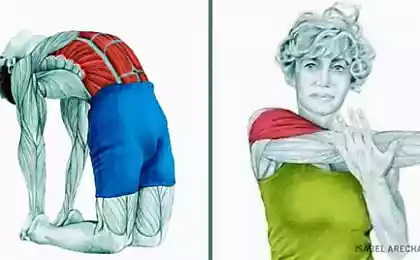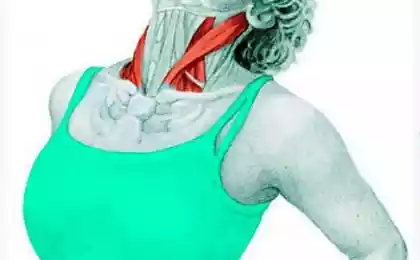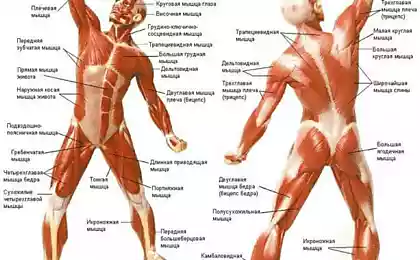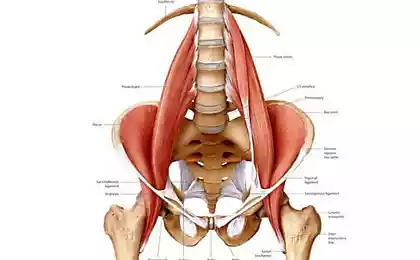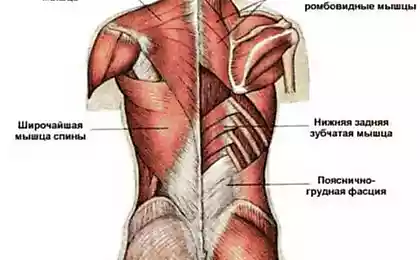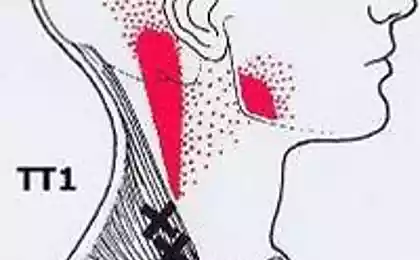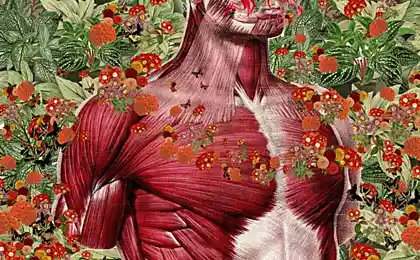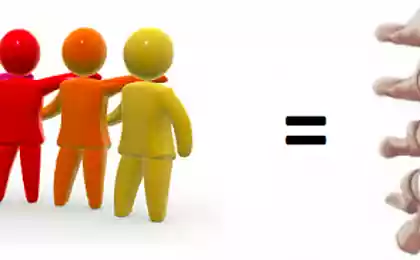949
How the brain Causes Muscle
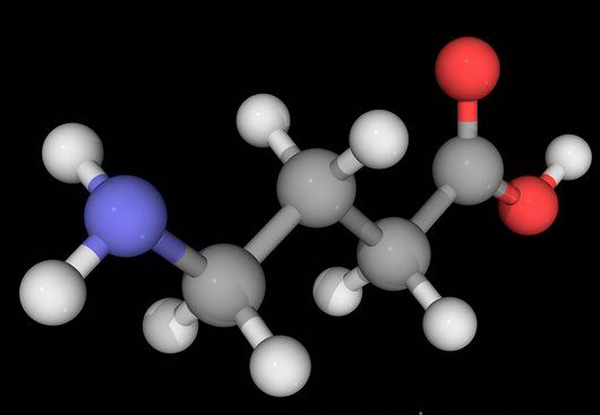
Scientists have deciphered the neurochemical mechanism that inhibits muscle activity during dreaming.
Researchers from the University of Toronto (Canada) have found out how the brain immobilizes the muscles during sleep. Normally, our muscles relax, no matter how rich or dreams we dreamed. But with neurological ailments, sleep disorders, and so on. N. Is accompanied by a rapid phase of sleep movements, creaking teeth, waving his hands, and even more serious than. Studies on this subject have already been held, and as though it was established that switch in muscle activity during sleep is a gamma-aminobutyric acid (GABA). This neurotransmitter suppresses the activity of motor neurons and gives muscles a rest.
But when tried to block GABA receptors, it appears that the muscles still do not respond to sleep. The new series of experiments with rats that have followed the trigeminal nerve activity during sleep, to complete the picture. Some nerve fibers that send motor signals to the muscles of the jaw: it turned out, their activity is regulated not only GABA, but also glycine. Roughly speaking, entering into REM sleep, the brain "fills in" the motor neurons these two neurotransmitters that support sleep and muscle. If the relevant receptors blocked, the rats started chewing intense dream. Results of the experiments scientists have prepared for publication in the Journal of Neuroscience.
This may seem ordinary, not particularly remarkable result, but sleep disorders not only deliver some disadvantages: they can be the beginning of serious neuropsychiatric disorders. Moreover, it is believed that the increased motor activity during REM sleep indicates the risk of neurodegenerative diseases - for example, Parkinson's syndrome. So it is quite possible that drugs that promote restful sleep, can protect the brain from bόlshih much trouble.
